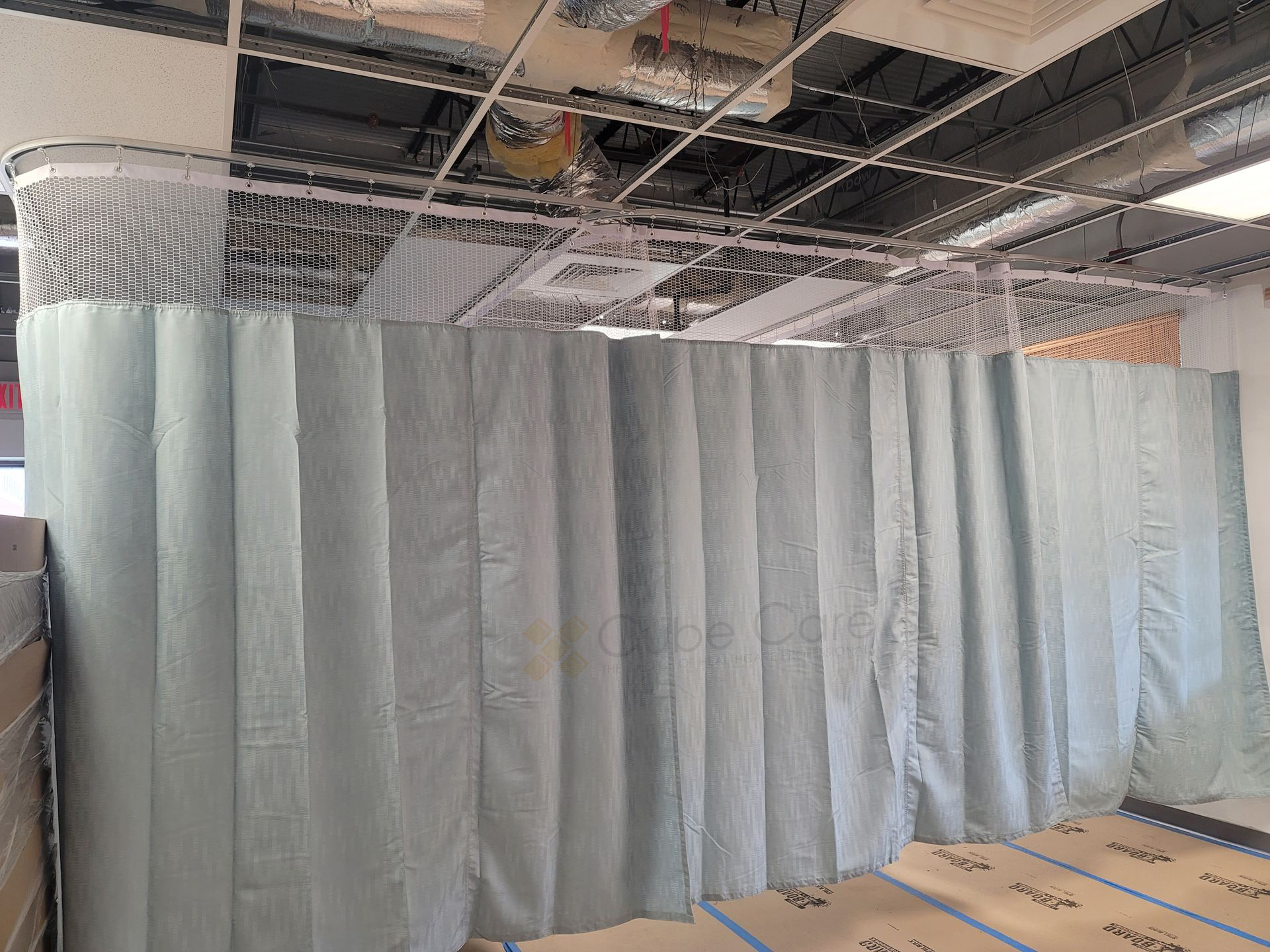In the realm of healthcare design, the impact of seemingly small details cannot be understated. Healthcare curtains, often overlooked, play a pivotal role in shaping patient outcomes.
This blog explores five compelling ways in which healthcare curtains contribute to improved patient well-being and overall outcomes in healthcare facilities.
- Enhancing Privacy and Dignity
Patient privacy is a cornerstone of compassionate healthcare, and healthcare curtains provide a tangible solution to this crucial need. By creating private spaces for patients, these curtains contribute to a sense of dignity and well-being.
- Supporting Infection Control Measures
The role of healthcare curtains in preventing the spread of infections cannot be overstated. Curtains with antimicrobial features act as a frontline defense, ensuring a hygienic environment for patients. Studies reveal a direct correlation between stringent infection control measures and improved patient outcomes, making the choice of curtains a strategic investment in healthcare facility management.
- Contributing to Restful Environments
Patient recovery is not solely dependent on medical interventions; the environment plays a crucial role. Healthcare curtains contribute to creating restful spaces by controlling light and noise. A conducive environment for sleep has a direct impact on patient recovery, with numerous instances of patients experiencing improved outcomes when provided with a restful and calming space.
- Facilitating Communication and Comfort
Effective communication between healthcare professionals and patients is vital for accurate diagnosis and treatment. Well-designed curtains facilitate communication-friendly spaces during consultations and examinations. Patients, feeling more at ease and comfortable in these settings, are likely to express concerns openly, leading to improved doctor-patient communication and ultimately contributing to positive healthcare outcomes.
- Encouraging Positive Mental Health
The connection between the healthcare environment and mental well-being is gaining recognition. Healthcare curtains, when designed to create a positive and calming atmosphere, contribute significantly to patients’ mental health. Research shows that a supportive environment can positively influence mental health outcomes, making the inclusion of well-designed curtains an integral aspect of holistic patient care.
Closing Thoughts:
Healthcare curtains, often seen as a functional necessity, emerge as silent contributors to the overall well-being of patients. Healthcare facilities should recognize the multifaceted impact of curtains and consider them as integral elements in promoting holistic patient well-being.
Contact the Cube Care team for personalized solutions tailored to elevate the patient experience in your healthcare facility. Make a choice that not only meets functional requirements but also contributes to the overall well-being and positive outcomes





